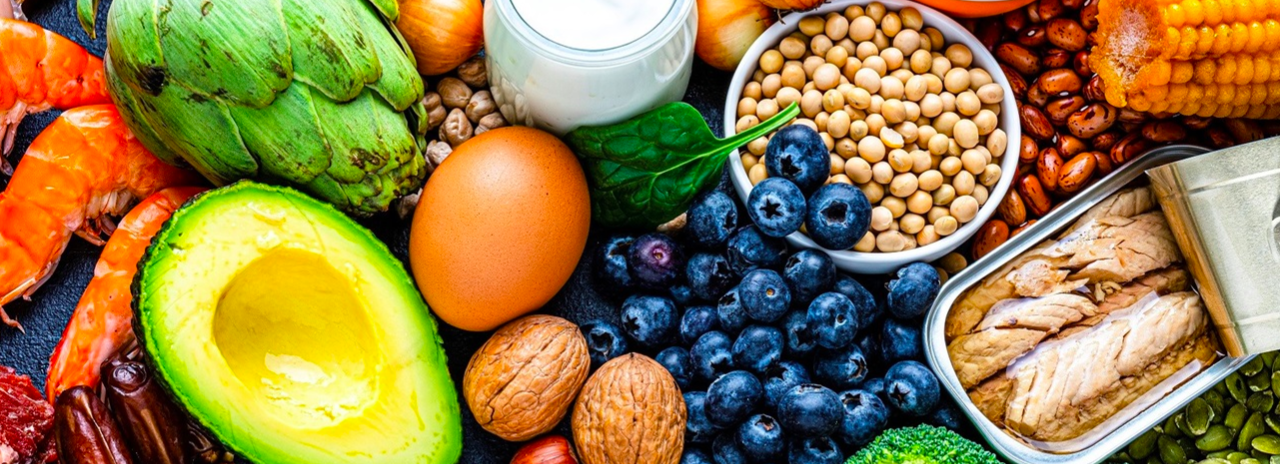A recent study conducted by researchers at The George Institute for Global Health India, in collaboration with the Postgraduate Institute of Medical Education and Research (PGIMER) in Chandigarh, sheds light on the nutritional status of adults in northern India. The findings, published in the journal Frontiers in Nutrition, highlight significant imbalances in essential nutrients, which may contribute to the growing burden of non-communicable diseases (NCDs) in the region.
The study, led by Prof. Vivekanand Jha, Executive Director of The George Institute for Global Health, India, underscores the importance of understanding dietary habits to address the rising prevalence of NCDs such as hypertension, cardiovascular disease, and chronic kidney disease (CKD) in the country.
According to the research, the intake of key nutrients like sodium, potassium, phosphorus, and protein among adults in northern India deviates from recommended levels. Notably, the study reveals a higher-than-recommended dietary intake of salt and phosphorus, coupled with relatively low consumption of protein and potassium.
“A poor nutritious diet is a major risk element for non-communicable diseases, which are of considerable public health concern,” Prof. Jha stated in a press release. “In India, people eat different foods, so it is important to know exactly what nutrients they are getting to help prevent and manage these diseases.”
The findings, based on data from 400 adults, including both healthy individuals and those with early-stage CKD, highlight disparities in nutrient intake between men and women. Men exhibited higher nutrient intake compared to women, indicating potential gender-based differences in dietary habits and nutritional status.
To address these nutritional imbalances and mitigate the risk of NCDs, the research team advocates for personalized dietary interventions tailored to individual needs. Strategies such as providing better information on food labels, reducing salt content in processed foods, and promoting the consumption of potassium-rich fruits and vegetables are identified as key measures to combat the rising tide of NCDs in the region.
The study underscores the urgent need for targeted interventions aimed at improving dietary habits and promoting a balanced intake of essential nutrients among the population of northern India. By addressing these nutritional imbalances, policymakers and public health authorities can work towards reducing the burden of NCDs and enhancing the overall health and well-being of the community.











